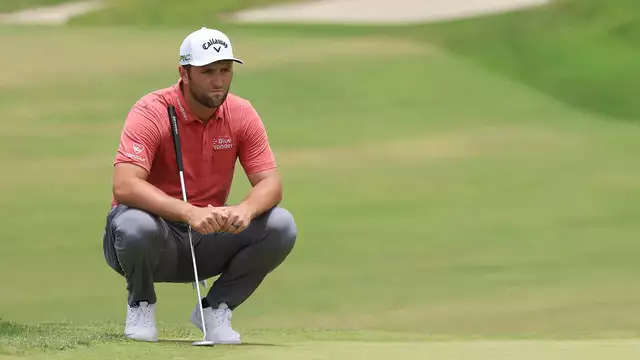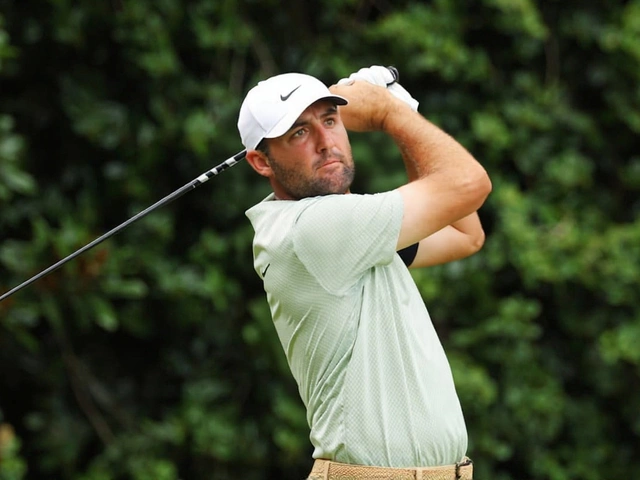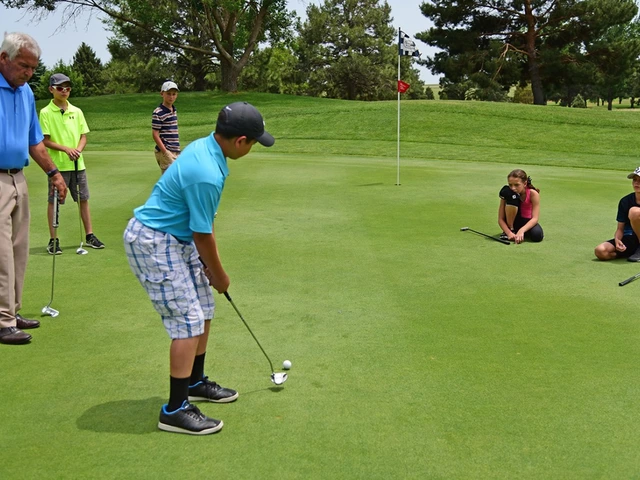Paralympic gold medalist Paige Greco dies at 28 after sudden medical episode in Adelaide
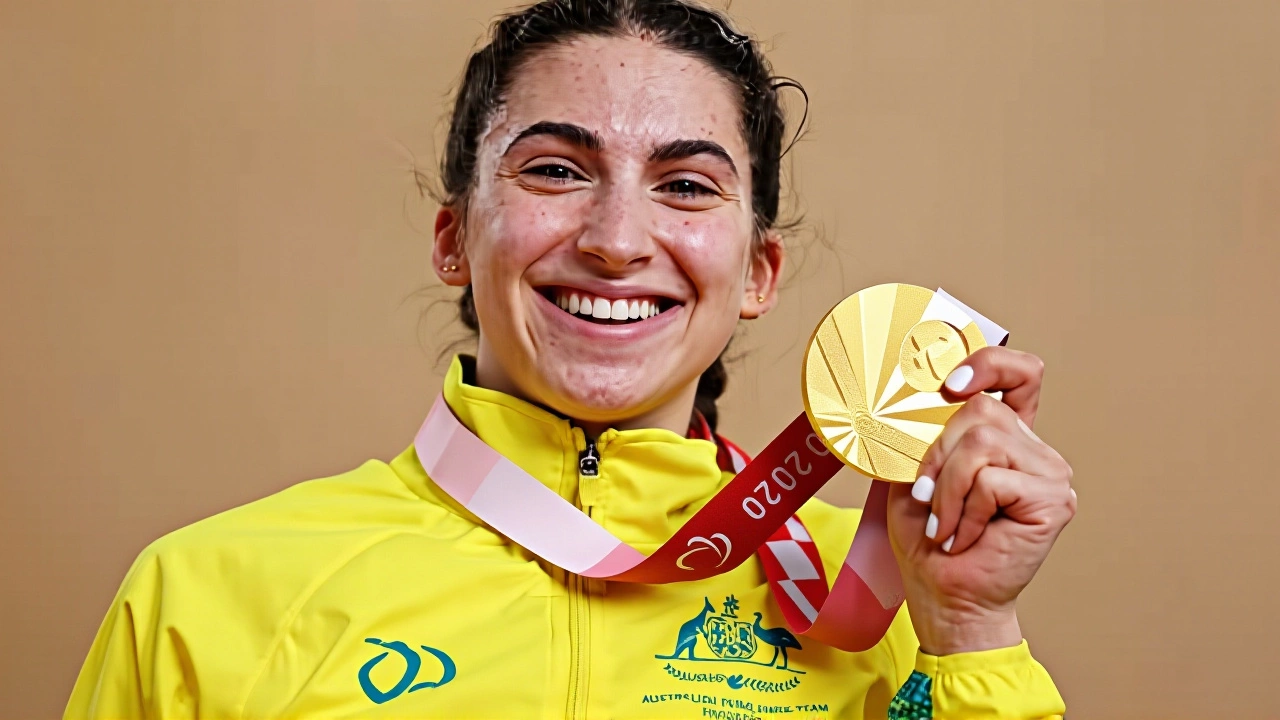
Paige Greco OAM, the Australian Paralympic cycling champion who won Australia’s first gold medal at the Tokyo 2020 Paralympics, died suddenly at her home in Adelaide on November 16, 2025, at just 28 years old. The news, confirmed by 7NEWS Australia the following day, sent shockwaves through the global para-sport community. Greco, who competed in the C1-3 classification for athletes with cerebral palsy, wasn’t just a medalist—she was a trailblazer who rewrote the record books and became a symbol of resilience. Her death, following an unexplained medical episode, leaves a void not just in Australian sport, but in the hearts of countless athletes who saw in her a reflection of what’s possible.
A Champion’s Rise: From Adelaide to the World Stage
Born on February 19, 1997, Paige Greco grew up in South Australia, where she was identified early by the South Australian Sports Institute for her extraordinary potential. Despite living with cerebral palsy—specifically classified as C3, indicating moderate impairment—she didn’t just compete; she dominated. In 2019, at the UCI Para-cycling Track World Championships in Apeldoorn, Netherlands, she claimed gold in the Women’s C1-3 3000m Individual Pursuit. But it was Tokyo 2020—held in 2021 due to the pandemic—that cemented her legacy. On August 26, 2021, she shattered the world record in qualifying with a time of 3:52.283. Then, in the final, she went even faster: 3:50.815. That wasn’t just a win. It was Australia’s first gold of the Games—the 500th Paralympic medal in the nation’s history. She added bronze in both the road time trial (26:37.54) and road race (1:13:11), becoming the first Australian woman to win three medals in a single Paralympic cycling campaign.Recognition and Legacy
Her achievements didn’t go unnoticed. In 2019, Cycling Australia named her Para Female Track Cyclist of the Year. Then, on Australia Day 2022, she was awarded the Medal of the Order of Australia (OAM) for service to sport. The honor, bestowed by the Governor-General, placed her among 825 Australians recognized that year—many of them veterans, doctors, and community leaders. Greco was the youngest cyclist on the list. Even in her final season, she showed no signs of slowing. At the 2025 UCI Para-cycling Road World Championships in Ronse, Belgium, held just two months before her death, she took bronze in the road race and finished fifth in the time trial. She was still improving. Still pushing. Still racing.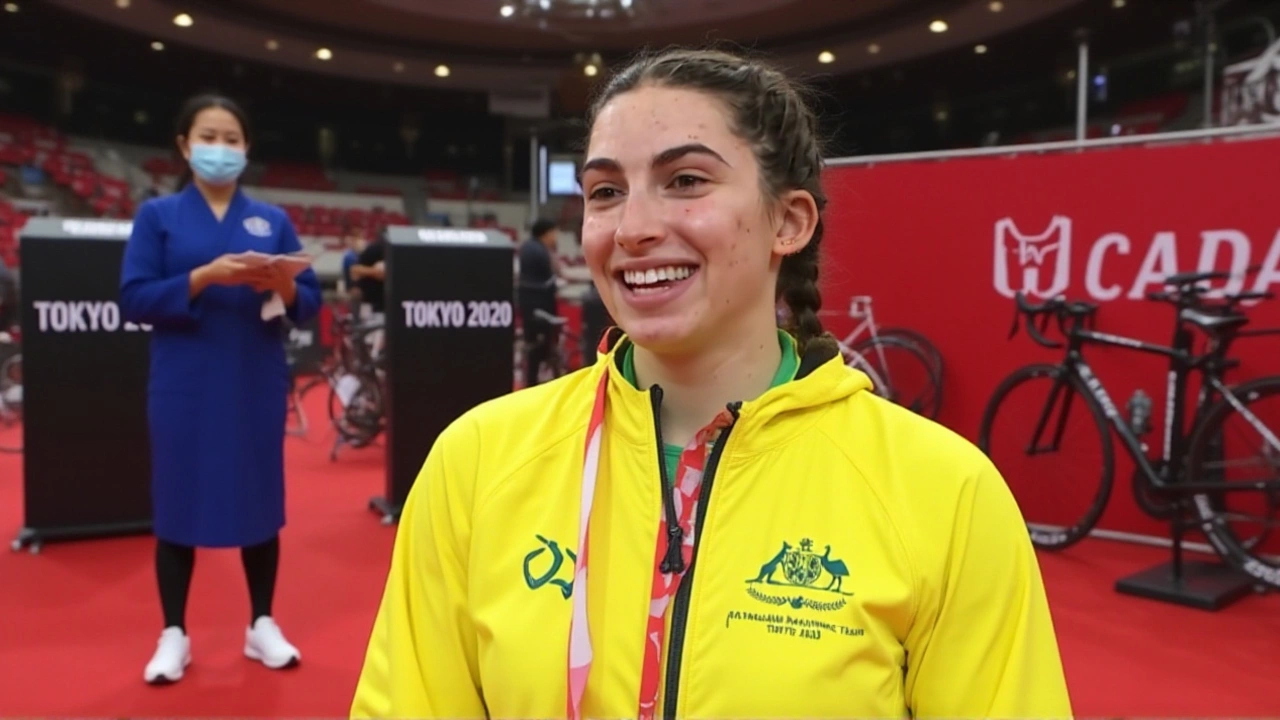
The Sudden Loss
Greco died at her private residence in Adelaide, the capital of South Australia, a city that had nurtured her from youth through elite competition. No details have been released about the nature of the medical episode. No official statement has come from her family, though sources close to her say she had been training normally in the weeks leading up to her death. The Australian Paralympic Committee and Cycling Australia have yet to issue public condolences, but insiders say internal memorials are being planned. The lack of clarity around her passing has left many asking questions. Was it cardiac? Neurological? A complication from cerebral palsy? The medical community doesn’t yet know. What’s certain is that her death is a profound loss—not just statistically, but emotionally. She was a role model for young athletes with disabilities, showing them that elite performance and personal joy could coexist.What This Means for Australian Para-Cycling
Greco’s world records in the 3000m pursuit remain untouched as of November 17, 2025. Her absence from the 2028 Summer Paralympics in Los Angeles will reshape Australia’s medal strategy. She was the clear favorite in the C3 classification. Without her, the team’s best hope may now rest on emerging riders like 21-year-old Lila Thompson, who finished fourth behind Greco in Ronse. The Australian Paralympic Committee is expected to announce a tribute at the 2026 UCI Para-cycling Track World Championships, likely to be held in late 2026 in Asia. A memorial race in Adelaide is also rumored to be in the works, possibly named in her honor.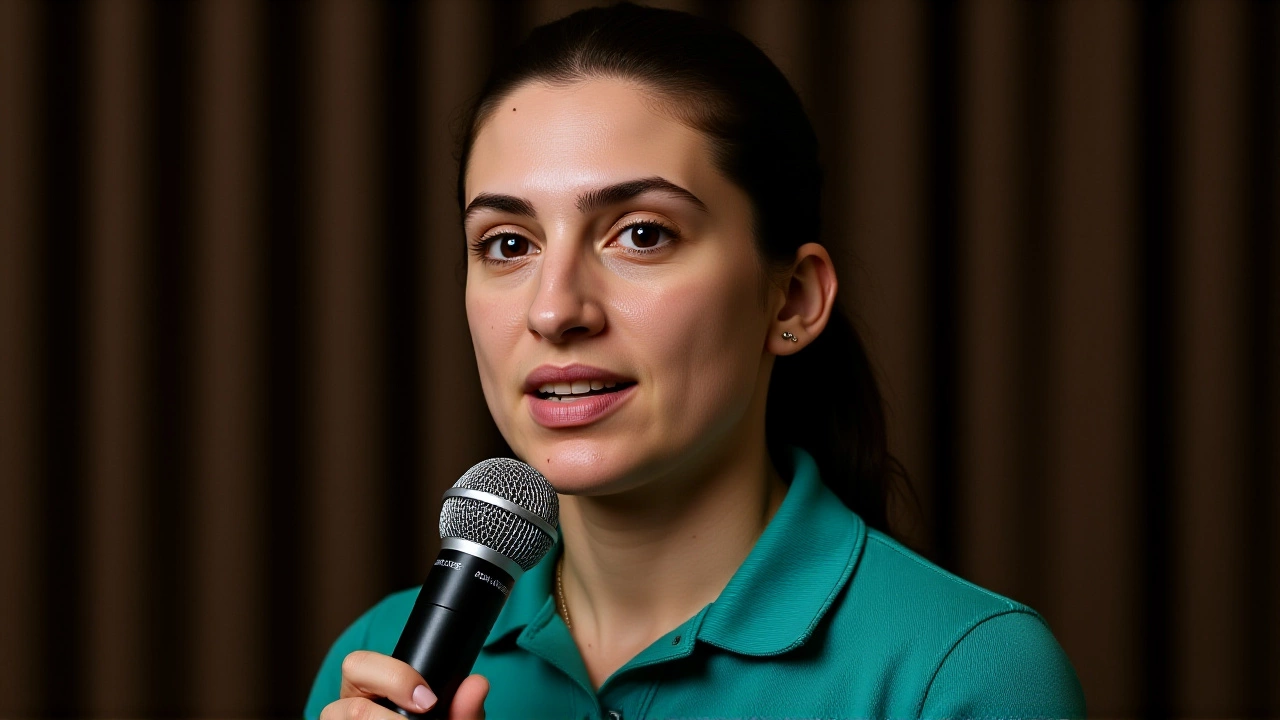
A Life in Numbers
- Born: February 19, 1997 (age 28 years, 8 months, 28 days at death) - Paralympic Medals: 1 Gold, 2 Bronze (Tokyo 2020) - World Championship Medals: 3 Gold, 2 Bronze (2019–2025) - World Records: 2 in 3000m Individual Pursuit (C1-3) - OAM Awarded: January 26, 2022 - Last Race: September 22, 2025, Ronse, Belgium - Training Base: South Australian Sports Institute, Mile End, AdelaideFrequently Asked Questions
What was Paige Greco’s classification in para-cycling, and what does C3 mean?
Paige Greco competed in the C3 classification, which is for athletes with moderate cerebral palsy or similar movement impairments. The C1-C5 system ranks impairment severity, with C1 being the most affected and C5 the least. C3 athletes typically have coordination challenges in one or both legs, but retain strong upper body function—ideal for cycling. Greco’s power output and bike control made her a standout in this group.
How did her world records compare to able-bodied cyclists?
Greco’s 3:50.815 in the 3000m pursuit was faster than many able-bodied women’s times on similar tracks. For context, the UCI women’s track record is 3:19.338, but that’s on a standard track with different equipment. In para-cycling, where athletes use handcycles or modified bikes, her time was extraordinary. She outpaced the second-place finisher in Tokyo by over 4 seconds—a massive gap in track cycling.
What impact will her death have on para-cycling funding in Australia?
Her death could trigger a surge in government and private funding for para-cycling, much like the boost seen after Paralympian Ellie Cole’s retirement. The Australian Institute of Sport has historically underfunded para-sports compared to able-bodied programs. With Greco’s legacy, advocacy groups are already urging the federal government to increase investment in athlete development pathways, especially in South Australia where her training base was located.
Was Paige Greco the first Australian with cerebral palsy to win Paralympic gold in cycling?
No, but she was the first Australian woman with cerebral palsy to win gold in track cycling. Previous gold medalists included male athletes like Kieran Modra and David Nicholas. What made Greco unique was her dominance across both track and road disciplines, and her ability to set world records while balancing public visibility with personal humility. She didn’t seek the spotlight—but the spotlight found her anyway.
